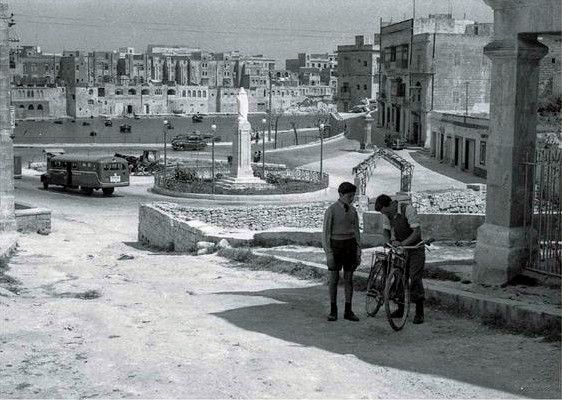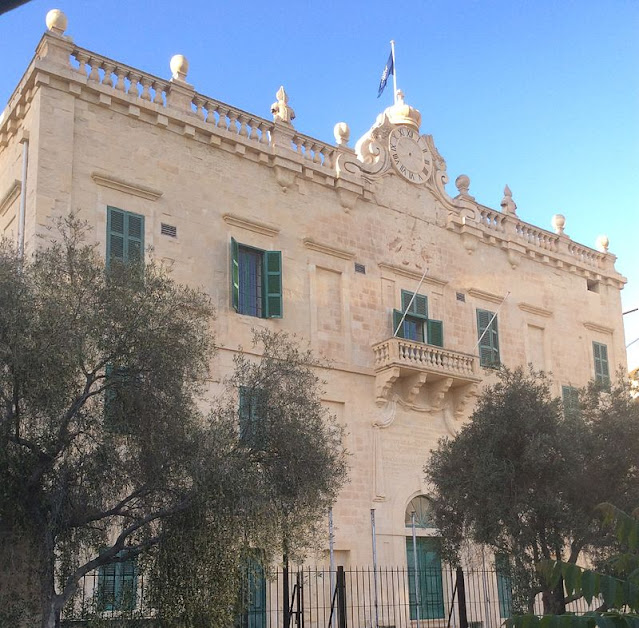I was the third tree, a nonspeaking part, in the village play. As a child, you’re trying to find your place in the greater scheme of things and when Eva Carson got the role of the first tree and had two whole lines of speech to perform, it felt very unfair to me. The main actors, who had to memorise quite long dialogues, had already been picked. Obviously, the best looking, most articulate of the children in our village were in these roles.
There was a pecking order with the stage manager and director along with costume designer and stagehands to change backgrounds between acts. Lower down still, were the people in the background a waiter, bystanders or crowds. They didn’t get to speak but they got to move around and mutter, cheer or shout on occasion. Then, there were the two ushers who showed people to their seats and were much envied as they both had torches and seemed to relish their power over members of the audience arriving in the darkness. At the very bottom of the pecking order were the three trees. The first tree had a few lines to say. Nothing epic but at least her tree contributed to the story of the play. The second tree was Tim Dicks and he didn’t have to speak but had a card with some words that he held up at the end of the play to close the whole show. Finally, right at the very bottom of the entire social hierarchy was me, the third tree, a non-speaking role with not even a card to hold aloft.
All three trees were wrapped up in brown painted cardboard with our faces peeking out painted brown like the trunk of a tree. Finally, attached to our heads were green leaves to create the impression of foliage. We were not an impressive sight as we shuffled onto the stage, behind the curtain, for the opening night performance. I’m ashamed to admit I was envious of both Eva and Tim. How dare they get bigger parts than me? I knew enough of my position in the grand scheme of things not to aspire to be a bystander or an usher but I really felt I could’ve managed to be a tree with a few lines. Too late, I felt the deep embarrassment of my lowly position as the curtains were about to be opened and the whole set revealed. A packed audience was watching, as always. Nothing guarantees more bums on seats at a village performance than doting parents wanting to watch their offspring stagger on and off stages in their moment of glory.
The director, an English lady with a very posh accent, had eloquently introduced the play which bored the entire audience. They didn’t care who wrote the play, what it portrayed, the hidden meaning or the eloquence of the plot. They wanted to see their children perform. So, when the director finally left the stage and the curtains actually opened there was riotous applause and even some stamping of feet in excitement. The show was on!
Unfortunately, the stage curtain had not been pulled completely open the whole way. So, although tree one and tree two could be clearly seen stage right, I could not. I stood a bit bewildered, looking straight into a black curtain while the play started on the stage with actors speaking their lines loudly. As a child, you just accept such disasters. First, the humiliation of being a nonspeaking tree then you become an unseen, unspeaking tree. Questions popped into my mind almost metaphysical in nature. If you are a tree, who can’t speak and can’t be seen do you really exist in the play at all? Perhaps, I had been overly aspirational in trying to be a third nonspeaking tree and the universe was letting me know “No, you don’t even deserve this miserable role!”
Then, there was a flurry of loud footsteps and the curtains were suddenly roughly drawn open by my father who had marched all the way to the front from his seat further back in the auditorium. He beamed at me as he carefully positioned the curtain so that I could be seen by all, before noisily stamping his way back into the darkness. Now, my questions were suddenly answered. Was there anything worse than being a non-speaking, non-seen third tree? The answer to that question was, yes! Much worse was standing in front of a whole audience with tears running down my face in total humiliation. I’m not sure what the audience thought. If there was any justice there would’ve been a favourable review in the local paper reading something like,
“This production was mesmerising and the show-stealer was the third tree whose deep continuous sobs and distress epitomised the pain, loss and suffering that inflict us all. Her constant tears remind us of our helplessness and total acquiescence in life’s mighty drama!”
But no such report was written and instead yet another deep and abiding humiliation was carved into my adolescent heart. To summarise simply, the first tree had words, the second tree had a card and the third tree was lacerated in public view.
For the information of those of you who inhabit the Internet, such entertainment as these performances used to fill our days in the village. Amateur shows were regular events in between beetle drives (you will have to google that one). There was a particularly favourite party piece that was used regularly on stage. Two characters, usually old farmers, would appear and the dialogue would be as follows,
First farmer: “My son has joined the RAF”
Second farmer: “Oh, that’s good, that’s good, that’s good!”
First farmer: “It’s not so good at all he has to go up very high in a big plane.”
Second farmer: “Oh, that’s bad, that’s bad, that’s bad!”
First farmer: “It’s not so bad at all because those planes have two engines.”
Second farmer: “Oh, that’s good, that’s good, that’s good!”
First farmer: “It’s not so good at all because both engines stopped working.”
Second farmer: “Oh, that’s bad, that’s bad, that’s bad!”
First farmer: “It’s not so bad at all because he had a parachute.”
Second farmer: “Oh, that’s good, that’s good, that’s good!”
First farmer: “It’s not so good at all because when he jumped out the parachute wouldn’t open.”
Second farmer: “Oh, that’s bad, that’s bad, that’s bad!”
First farmer: “It’s not so bad at all because there was a big haystack down beneath him”.
Second farmer: “Oh, that’s good, that’s good, that’s good!”
First farmer: “It’s not so good at all because as he fell he could see the haystack had a pitchfork in it.”
Second farmer: “Oh, that’s bad, that’s bad, that’s bad!”
First farmer: “It’s not so bad at all because he missed the pitchfork”.
Second farmer: “Oh, that’s good, that’s good, that’s good!”
First farmer: “It’s not so good at all because he missed the haystack too!”
For some reason, this was greeted with hilarity each and every time it was related. Its very familiarity made this performance more popular. Years later, I discovered it’s a genre found the world over and its actual message is quite deep. Here is one example from the east.
There is a Taoist story of an old farmer who had worked his crops for many years. One day his horse ran away. Upon hearing the news, his neighbours came to visit. "Such bad luck," they said sympathetically.
"Maybe," the farmer replied.
The next morning the horse returned, bringing with it three other wild horses. "How wonderful," the neighbours exclaimed.
"Maybe," replied the old man.
The following day, his son tried to ride one of the untamed horses, was thrown, and broke his leg. The neighbours again came to offer their sympathy on his misfortune.
"Maybe," answered the farmer.
The day after, military officials came to the village to draft young men into the army. Seeing that the son's leg was broken, they passed him by. The neighbours congratulated the farmer on how well things had turned out.
"Maybe," said the farmer.
I have learnt a lot from these tales and consider them valuable lessons in life. Sometimes you feel being the third tree on a stage is a humiliation too much to bear. Then, years pass and you face both worse and better experiences that force you to recalibrate. Eventually, you begin to realise that, whatever life brings, the only thing that really matters is how you deal with it.

























